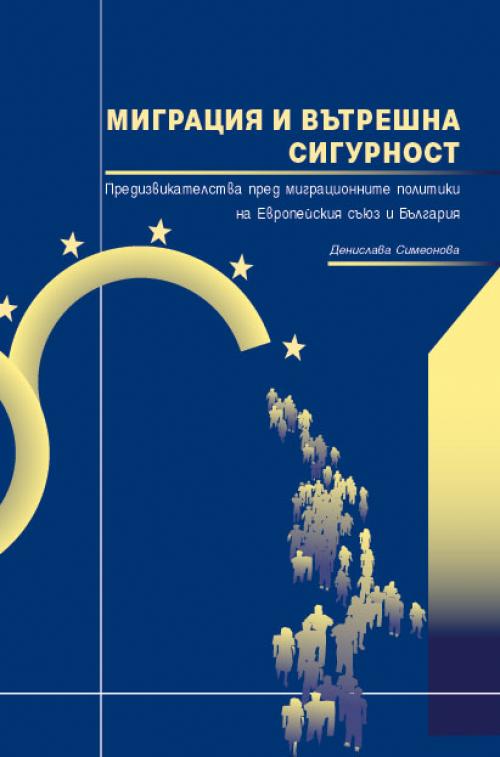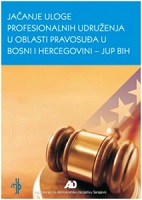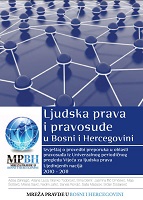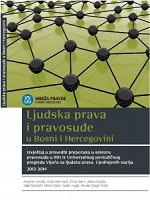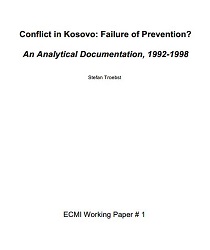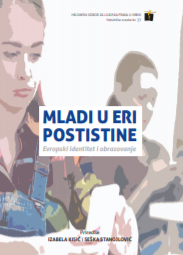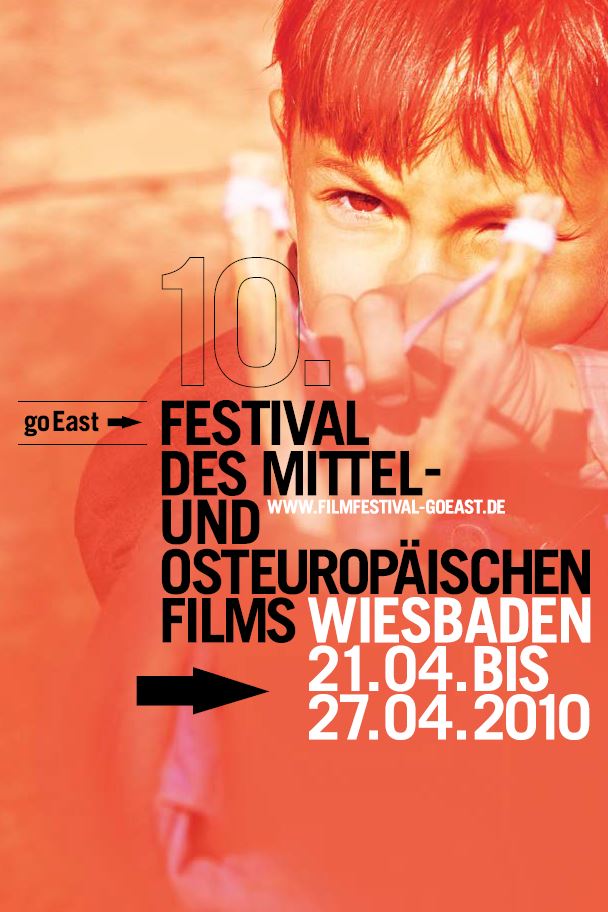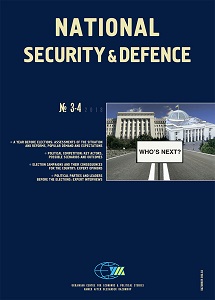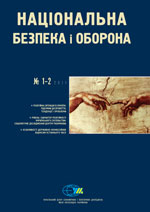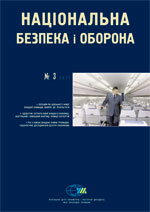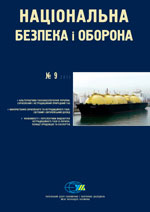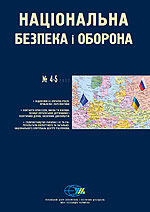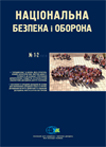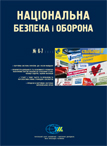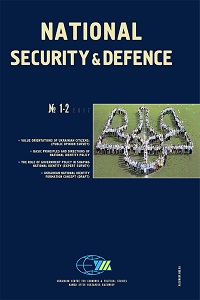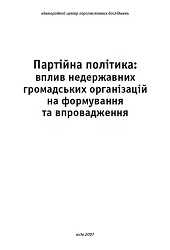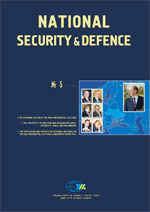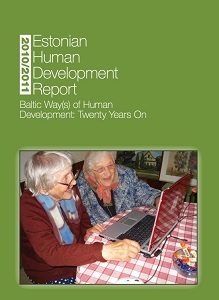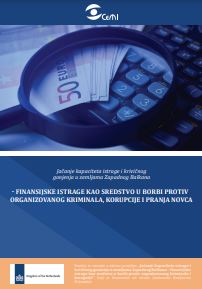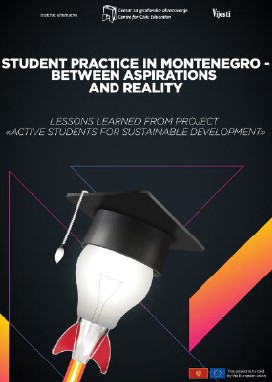HELSINŠKE SVESKE №37: Mladi u eri postistine – Evropski identitet i obrazovanje
Author(s): Vladimir Gligorov,Aleksandra Đurić-Bosnić,Boris Varga,Tamara Tomašević,Srđan Barišić,Izabela Kisić,Sonja Biserko,Miloš Ćirić,Jelena Vasiljević,Dragan T. Stanojević,Aleksandar V. Miletić,Srđan Milošević,Ivan Đurić,Srđan Atanasovski,Biljana Đorđević,Časlav Ninković,Duško Radosavljević,Pavel Domonji,Miroslav Keveždi,Branislava Opranović,Ana Pataki,Andrea Ratković,Iskra Vuksanović / Language(s): Serbian
Keywords: European identity; education; youth; EU accession; democracy; pluralism; extremism; pluralism; framed reality; interculturalism; ethnic nationalism; liberal ideology; geopolitics;
(Serbian edition)
Ongoing public debates frequently focus on European identity. What sparked off such debates were tremendous global changes after the Cold War, disappearance of two opposing blocs, ethnic conflicts, migrations, sociopolitical crises of liberal societies as well as the mass renouncement of value-based orientations Europe and the whole world had been built on after World War II and defeat of Nazism. People all over the world are now growingly concerned with the issues of statehood, ethnicity and the notion of “being a citizen.” Political manipulation of collective identities badly affects people’s lives and policies on which societies are being built. Many theoreticians are questioning – and with good reason – the very notion of collective identity, ethnic in the first place, as extremely exclusive. The Helsinki Committee for Human Rights in Serbia has launched a series of round tables under the title “Youth in a Post-Truth Era: European Identity and Education.” Participants were intellectuals of younger generations mostly, NGO activists and civil sector representatives, but secondary school and university students too. What we wanted achieve with these open debates – never devoid of controversial arguments – was to give shape to authentic views with impact on practical politics and (in)formal education of the youth. Our researches and experience in communication with young people show that they do care about collective identities, and that their ethnicities and religions are crucial in identity-building. Although they recognize the potential of Euro-integration for, say, better schooling or economic progress, a snail’s pace of the accession process and domestic propaganda make them turn to other international players. Young Serbs are turning to Russia and Putin, Bosniaks to Turkey and Erdogan, while young Hungarians to Serbia’s neighbor in the north and Orban. Revisionism also strongly influences the youth regardless of their ethnicities. They practically always oppose strongly any questioning of patriarchal values and react fiercely to it. Value-based orientations as such are mostly the effects of the spread of fake news and narratives predominant in the media, schools environments and families; the narratives that forced their way into the public sphere in the 1980s, bloomed in the 1990s and are thriving now against the global backdrop. Is the narrative about European identity and education a key to changes and inclusive enough? When I say European identity I am not advocating for Euro-centrism, especially not now when it implies social and economic exclusion of people heading for Europe from various continents and countries, or those outside the European Union. In Balkan countries aspiring to EU membership European identity is used as a political instrument supportive to integration processes. At the same time, it supports the transfer from a one-dimensional, nationalistic and wartime identity to a multi-dimensional, civic one. As it has turned out so far, the issues of class consciousness, socioeconomic justice and the right to education for all will be predominant in the debates to come. We do not intend to impose alternative narratives on the youth but to capacitate them for critical thought; to help them recognize and stand up against social repression and collective identities that have been imposed on them and exclude any “otherness.” Ever since the early 1990s the European Commission has also been focused on the researches of European identity (or identities). The European bureaucracy was interested in it for very practical reasons: the European Commission’s concern with the manner in which different processes of identification with the European Union shape integrative processes and strengthen the sense of solidarity among Europeans. On the eve of the Gothenburg Summit in November 2017 the European Commission issued guidelines for strengthening of the common European identity through education and culture, under the motto “unity in diversity.” The document was meant for the European Parliament, the Council of Europe, the European Socioeconomic Committee and the Committee of Regions. It was motivated by the rise of populism “at home” and beyond the EU, the spread of fake news and manipulation of information networks. Given that the EU administration interferes not into educational systems and culture of its member-states but leaves them to national, regional and local authorities, its role is limited to strengthening of cooperation and support to national projects in these spheres. It realized that education and culture make Europe attractive for learning and working, attractive as a space of freedom and shared values reflected in fundamental rights and an open society. And education as such builds foundations for active citizenship and helps to prevent populism, xenophobia and violent radicalism. Education, along with culture, plays a key role in cross-border meetings and learning about the true meaning of “being a European.” According to an analysis commissioned by the European Commission, joint, cross-border actions such as engagement in social movements or in organizations with shared goals (such as ecologic organizations) can promote the sense for European identity since collective actions are always taking into consideration the “other’s” points of view. How to involve candidates for the membership of the EU in the debate on Europe’s future and identity (identities) is among major issues. Isolated periphery and people’s frustration with accession that is being constantly postponed incite Euroskepticism and passivity of the youth who actually stand for European integration. The publication “European Identity and Education” resulted from a series of discussions and debates organized by the Helsinki Committee. Its introductory section presents one of the essays and political analyses of the international and local context in which Serbia’s youth are being raised: “Democracy, Pluralism and Extremism” by Vladimir Gligorov. The following section presents readers with draft practical politics for those dealing with institutional and informal education of the young. These draft policies, actually suggestions, are about teaching methods that may efficiently develop critical thinking among the youth and their awareness about alternatives. Inter alia, the suggested approaches are meant to motivate young people to get actively involved in building of a democratic society based on pluralism, inter-culturalism, solidarity and socioeconomic rights. Recommendations can be summed up as follows: 1. Strengthening of the idea of active citizenship; 2. Media literacy and development of critical thinking of the youth; and 3. Development and modernization of educational programs and present approaches to education of school children. Drafts of public policies were on the agenda of debates held in Belgrade and Novi Sad with participation of scholars and activists from younger generations mostly, concerned with the issues of identity and education. This publication also presents excerpts from those debates. How possibly could cosmopolitanism, inter-culturalism, anti-fascism and open society be promoted in today’s Serbia but also in Europe where extremism, fear of “otherness,” concerns for the safeguard of one’s own national identity that is allegedly threatened, be on the up and up? This is one of major dilemmas facing us today. Few students have access to informal education that rests on the principles guiding a democratic society. Speaking from experience many participants in debates pointed to the lack in professional staffs involved in educational process. Civic education is being marginalized in elementary and secondary schools. The participants also presented well-thought-out arguments against religious teaching in school curricula. The majority of participants take that strengthening of informal education that would lead towards incorporation of similar contents and methods into the educational system could be a solution to the above-mentioned dilemma. That would be a chance for attracting young people whose interests and ambitions are well beyond the rigid educational system, they argue. Positive experiences of Yugoslavia’s interculturalism and socialism, and the common history and culture can be used as resources for strengthening interculturalism throughout the region. Small steps forward within institutions that depend, above all, on individual activism and courage are another possible approach to resolution. This publication is meant as a contribution to local but also more extensive debate on European identity and new European policies that would cope with today’s challenges by far more efficiently.
More...
